Pediatric Dermatology
There are many skin conditions that are shared by both children and adults, but there are certain skin problems that are more common among younger patients. These conditions require special care that is delivered with the special needs of growing children in mind. Younger patients often face a higher risk of bacterial skin infections, as well a variety of other acquired and hereditary conditions. At Dermatology Associates & Surgery Center, we provide treatments that are both gentle and effective so that children can participate in their daily activities while managing their skin condition efficiently.
Examples of Pediatric Dermatology
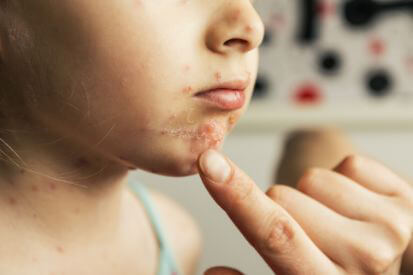
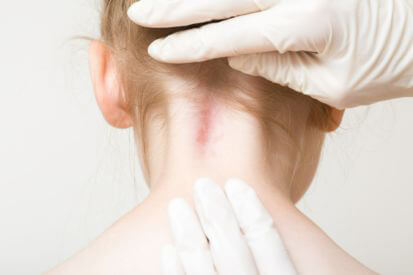
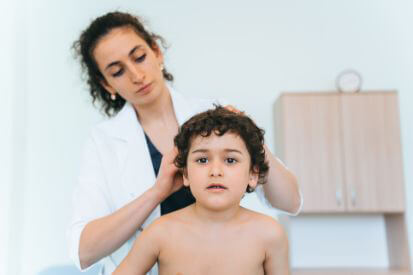
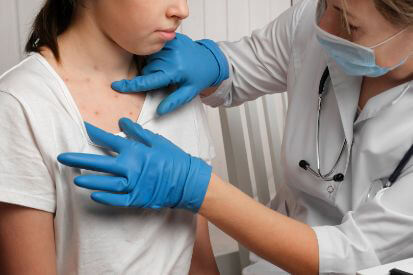
Pediatric Skin Conditions Symptoms
- Rashes: Various types of rashes, such as eczema, contact dermatitis, or viral rashes.
- Itching or Pruritus: Persistent itching.
- Redness or Inflammation: Due to irritants, infections, or inflammatory skin conditions.
- Bumps or Lesions: May be indicative of warts, molluscum contagiosum, or other skin infections.
- Dry or Flaky Skin: Conditions like eczema can cause dry and flaky skin.
- Birthmarks: Birthmarks can be either pigmented or vascular, and may require evaluation.
- Acne or Pimples: Older children and teenagers may experience acne.
- Infections: Bacterial, viral, or fungal infections can manifest as redness, itching, or pustules on the skin.
- Hair and Nail Changes: Abnormalities in the hair or nails, such as thinning, brittleness, or color changes.
- Allergic Reactions: Skin may react to allergens, leading to hives, and swelling.
- Skin Discoloration: Changes in skin color, such as paleness, redness, or darkening.
Causes of Pediatric Skin Conditions
- Genetics: Some pediatric skin conditions may have a genetic component.
- Infections: Bacterial, viral, or fungal infections.
- Allergies: Allergic reactions to certain foods, plants, animals, or environmental factors.
- Environmental Factors: Exposure to harsh weather conditions, pollutants, or irritating substances.
- Insect Bites: Reactions to insect bites or stings can cause localized skin problems.
- Autoimmune Disorders: Lupus or juvenile dermatomyositis.
- Hormonal Changes: Puberty-related hormonal changes.
- Birthmarks: Caused by abnormal blood vessels or pigment cells.
- Contact Irritants: Exposure to harsh soaps, detergents, or chemicals.
- Nutritional Deficiencies: Inadequate nutrition can impact a child's skin health.
- Stress: Emotional stress or changes in routine.
- Scratching or Rubbing: Persistent scratching or rubbing of the skin.
- Medications: May cause skin reactions or photosensitivity.
Pediatric Skin Conditions Prevention
Pediatric Dermatology FAQs
Yes, your child can see most dermatologists. However, it's advisable to choose a dermatologist who specializes in pediatric dermatology. Pediatric dermatologists have specific expertise in addressing skin conditions unique to children, ensuring that the diagnosis and treatment are tailored to their needs. Always communicate openly with the dermatologist about your child's medical history and any concerns you may have to ensure the best possible care.
If you notice any sudden or persistent changes in your child's skin, it's wise to consult a trusted dermatology provider. Pay attention to symptoms like severe itching, unusual rashes, discoloration, or any skin condition that doesn't improve with home care. Additionally, seek prompt medical attention if there are signs of infection, such as redness, swelling, or oozing. Trust your instincts as a parent—if you feel uneasy about a skin issue, it's always better to seek guidance from your dermatologist for a thorough evaluation and appropriate care. Early intervention can prevent potential complications and provide peace of mind.
Choose fragrance-free, hypoallergenic products designed for children's sensitive skin. Our online store offers for a wide range of safe, medical-grade skincare products. Consult your dermatology provider for product recommendations tailored to your child's needs.
Use child-friendly sunscreen with at least SPF 30, dress them in sun-protective clothing, and limit sun exposure during peak hours. This helps prevent sunburn and reduces the risk of long-term skin damage.
Birthmarks are common and often harmless. While some may fade over time, others may require monitoring. Consult with a trusted dermatologist to determine if any treatment is needed.
Yes, acne can affect children, especially during puberty. Encourage gentle cleansing with mild soap. For persistent issues, consult with your dermatologist for personalized medical-grade skincare guidance. Working with a skin expert can help create a foundation and routine for clear, healthy skin.
Let's Talk Pediatric Eczema with Dr. Nelson Velazquez
How to Treat Pediatric Skin Conditions
Featured Products
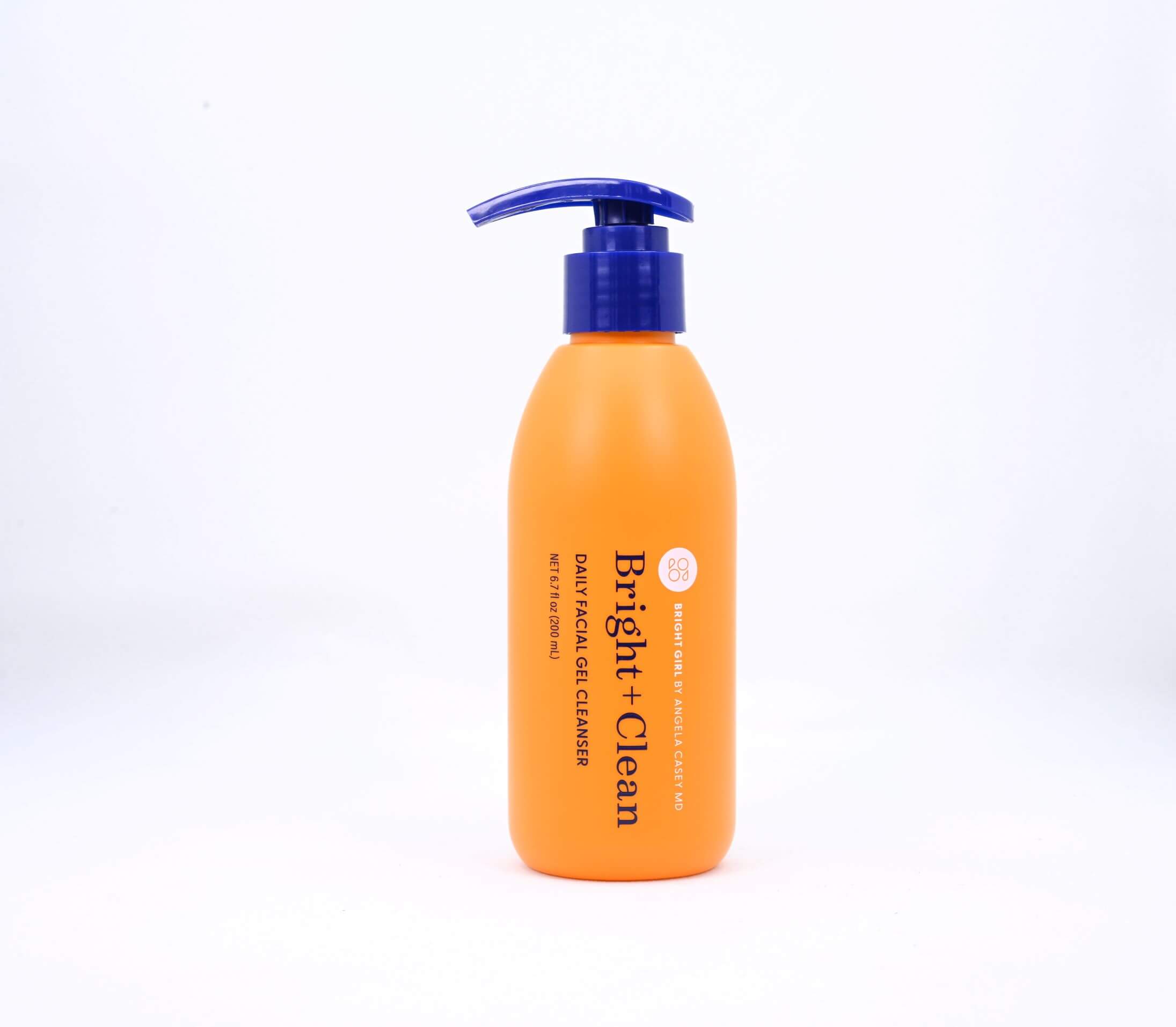
Bright Girl Gel Facial Cleanser
Bright+Clean Gel Facial Cleanser is a pH-balanced cleanser (pH= 5.5-6.5) is designed to work with your skin’s barrier while washing away dirt, sweat, and make-up. Bright+Clean cleanses and nourishes with a subtle natural fragrance that is designed to positively reinforce consistent use. 6.7 FL OZ (200 ML)
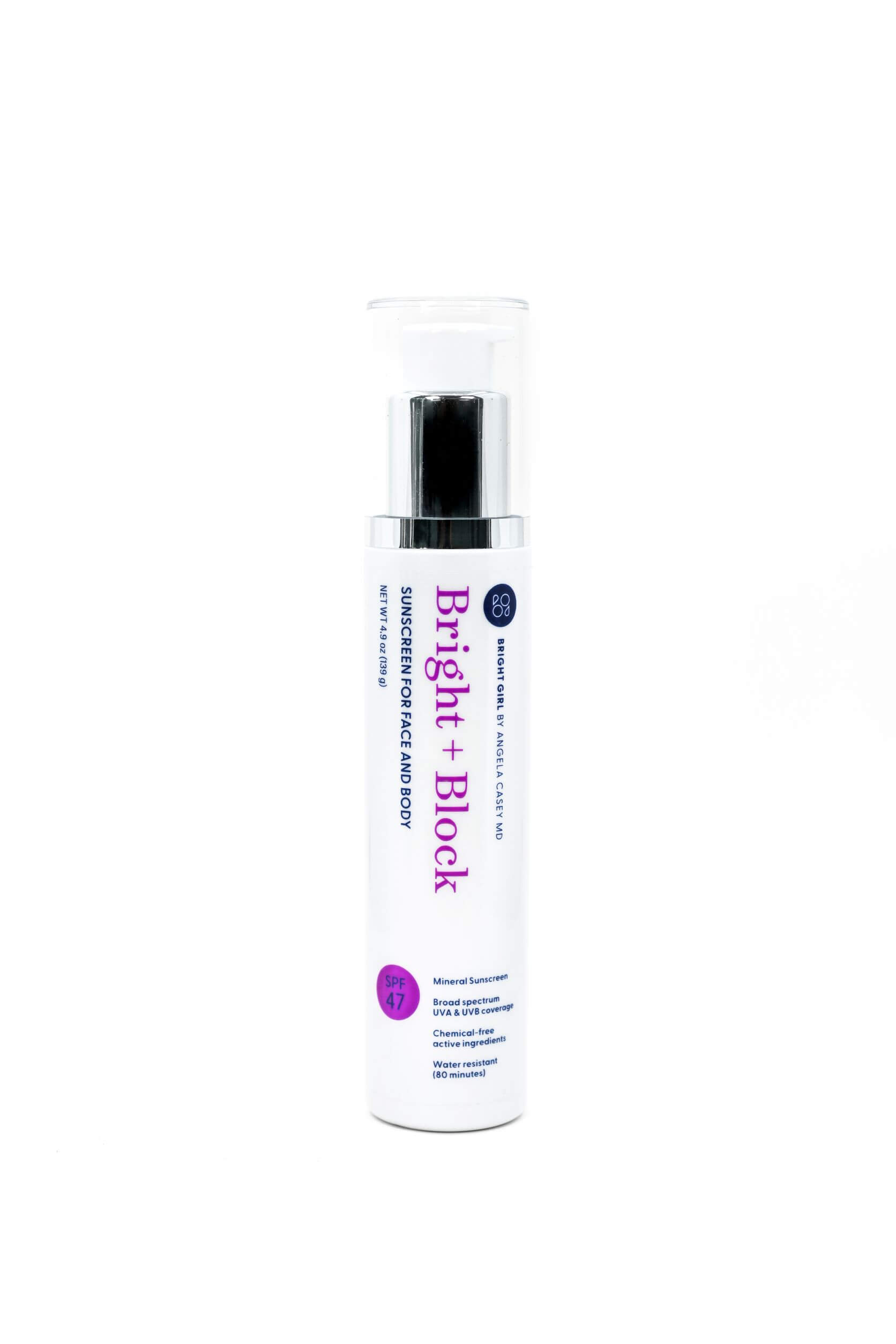
Bright+Block SPF 47 Mineral Sunscreen for Face and Body
Bright+Block SPF 47 mineral sunblock provides broad-spectrum UVA & UVB coverage through chemical-free active ingredients: Zinc oxide and Titanium Dioxide. This formulation goes on white to ensure complete coverage yet disappears completely, protecting skin from the sun’s damaging rays. Lightweight and water-resistant (80 minutes), this sunscreen works beautifully for all skin types. 4.9 OZ (139 G)
